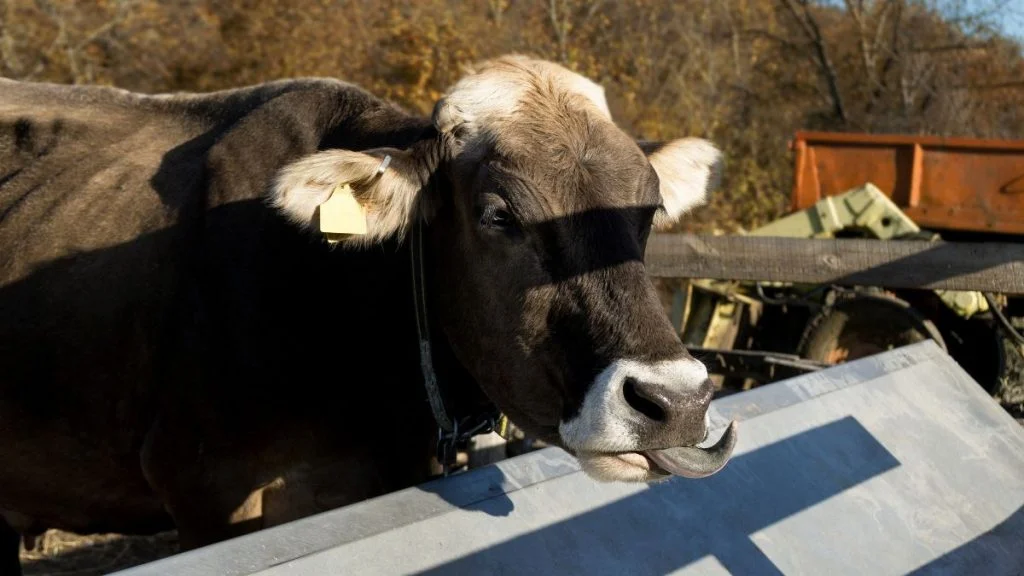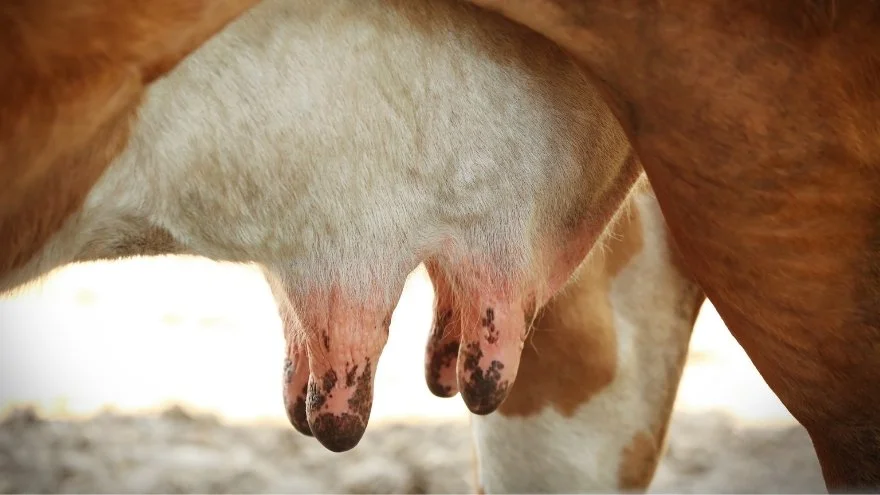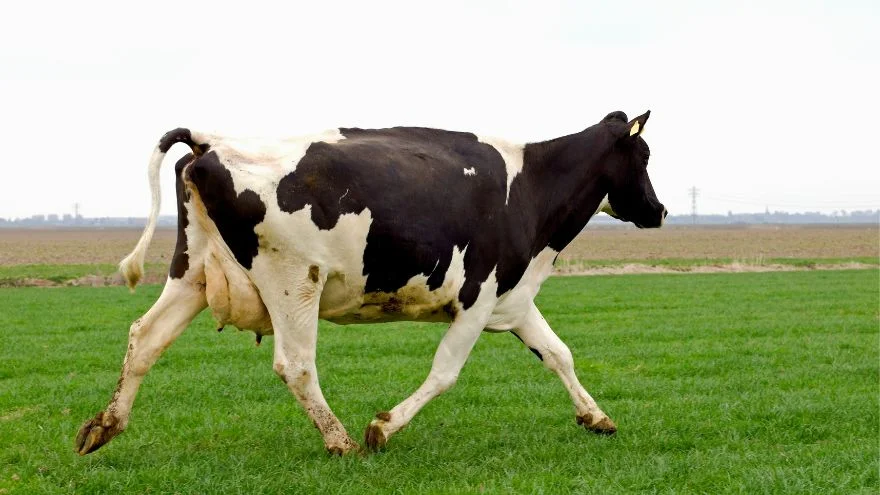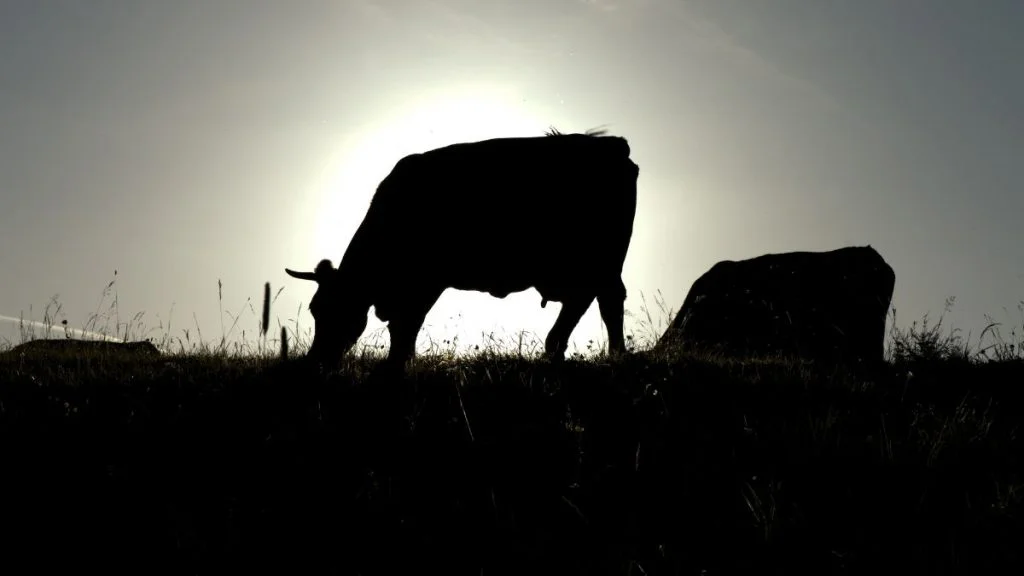There’s a lot of misconception centered around the question: “what do cows drink?”
Considering that cows are largely synonymous with milk, it is easy to think that milk is the one significant liquid these mammals often indulge in.
Yet, depending on your deepening familiarity with cows, you may begin to question if, indeed, cows do drink milk.
Far-fetched from what your intuitive answer may be, cows do not drink milk; rather, their young calves largely depend on milk as a primary meal. Cows drink water.
However, you may wonder what cows drink during the winter seasons when the ponds and rivers are frozen.
This article gives insights into this interesting question and more.
What Do Cows Drink?
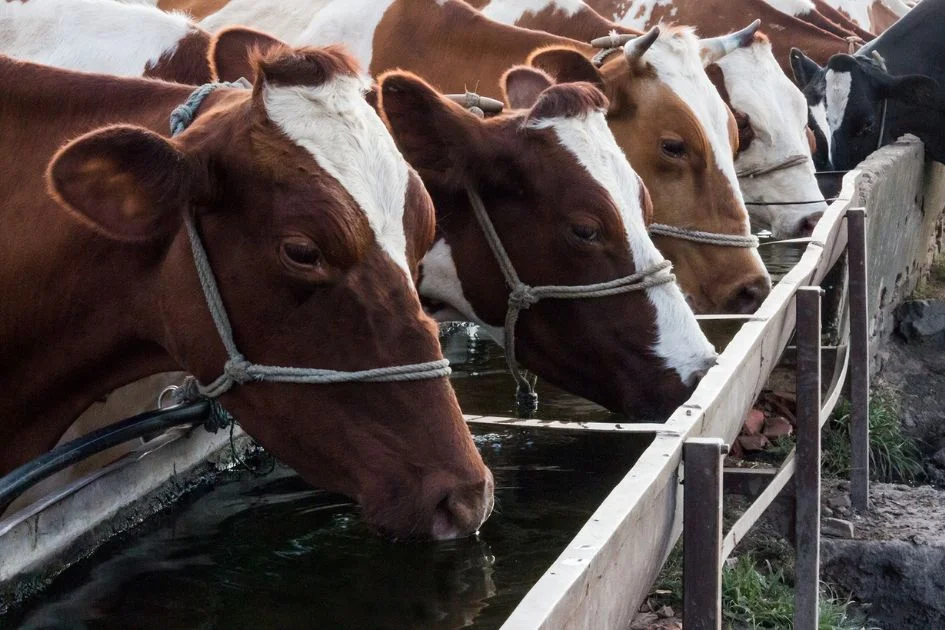
As with all mammals, including humans, water is essential for our survival, and cows are no different.
In fact, water plays a vital role in milk production, the control of body temperature, and several bodily functions in dairy cows.
Although proper feed and ration management also influence milk production, water is as well essential.
Cows tend to drink a massive quantity of water compared to other mammals.
According to a report by Perennia, a provincial development agency for agriculture and seafood development in Nova Scotia, Canada, cows drink as much as 200 liters of water on a daily basis.
This could spread between 10 to 15 times a day for half a minute and 10 liters in each drink. Most particularly, cows prefer drinking during feeding and after milking.
Depending on the cow, their source of water comes from three primary sources including:
- Natural water like ponds, rivers, and small puddles.
- Mechanized water system designed to meet their drinking needs in a farmhouse.
- Automatic waterers.
But, where do cows get their water during winters when rivers and ponds must have frozen.
What Do Cows Drink In Winter?
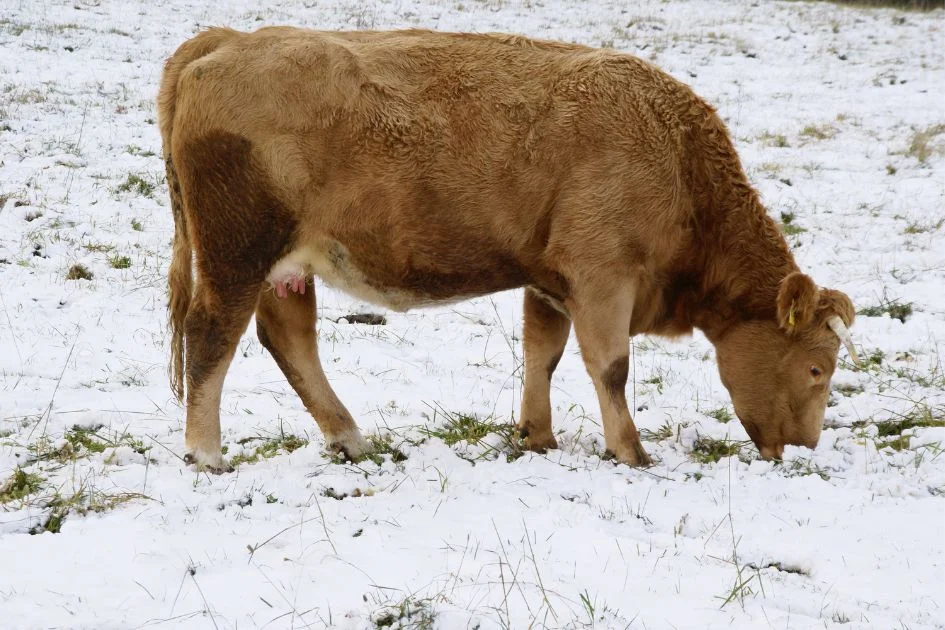
During winter seasons, keeping a fresh water supply can be extremely difficult, and this affects cows as well; hence, the question, what do cows drink in winter?
Farmers who graze and tend cow livestock often find themselves making questionable choices in winter seasons.
However, this is where the automatic waterers come in.
The automatic waterer is a piece of farm equipment used to adjust the temperature of water to prevent freezing in the winter.
It is made up of an insulated base and a heated bowl that is automatically filled with water from a pressurized line source. This device ensures cows have access to water even in winter.
Still, automatic waterers are not the only mode of survival for cows in winter.
A study done by the Utah State University on cows’ water requirements shows that cows can eat snow to meet their water needs in winters.
In fact, there’s little difference between cows (including pregnant beef cows) consuming snow and drinking water.
In a study where cows were exposed to both snow and water, 65% opted for water alone, 33% drank water a few times but consumed snow most of the time, and 2% stuck to eating snow and never drank any water.
In the end, there wasn’t any visible difference or evidence in the appearance of any of the animals, thus proving that snow is as good as water for cows.
Do Cows Drink Milk?
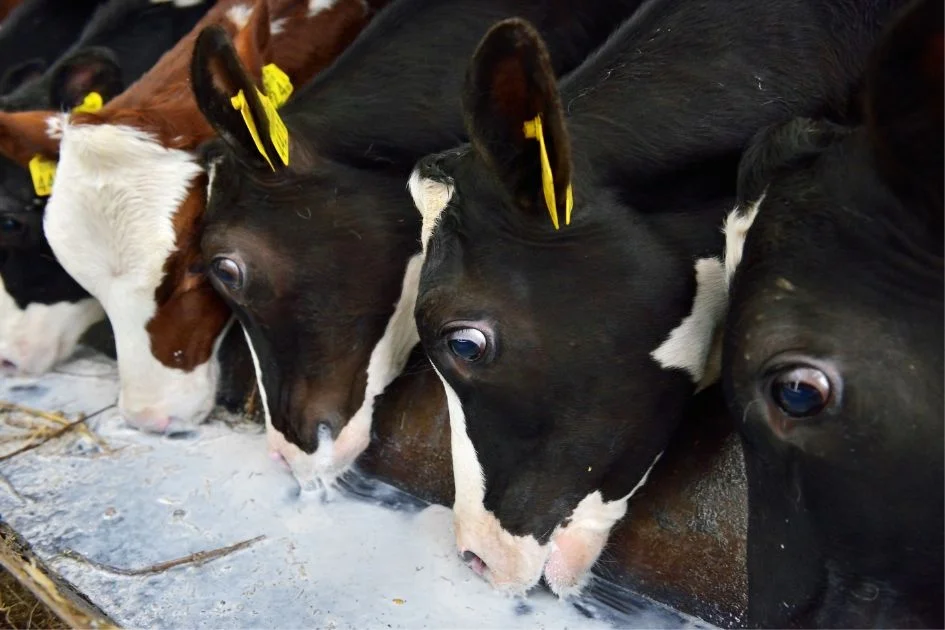
It has been established that cows drink water, yet this doesn’t stop cows from drinking other substances. But, do cows drink milk?
A logical answer that reflects the behavior of an average healthy cow is no; cows for no reason would not drink milk.
However, there are instances and uncommon situations that may differ.
Although very uncommon, cows sometimes drink their own milk. This behavior is unnatural.
That being noted, dairy cows sometimes drink their own milk to reduce the pressure of excess milk in their udders. However, in the natural order of things, cows do not drink milk.
Below are some reasons cows abstain from milk:
1. They can’t exactly digest milk
In large quantities, milk can cause digestive complications in cows as their rumen stomach can’t break down or digest fats.
2. They don’t need it
Make no mistake, while cows don’t naturally drink milk, they would gladly take a drink if they come across milk.
With that aside, cows have a complex stomach with four digestion stages that allow for easy digestion and extraction of nutrients from grass and foliage feeds, not milk.
3. It is unsustainable
From a scientific perspective, cows would require more energy to produce a certain quantity of milk than they stand to gain by consuming it.
With this knowledge, it does not make sense biologically for cows to drink milk.
What Happens When Adult Cows Drink Milk?
Adult cows can’t digest milk as they lack the enzymes responsible for breaking down the lactose molecules present in milk.
Hence, cows drinking milk will result in unpleasant health complications, including diarrhea and mastitis.
In severe cases, the effects could be loss of life or low productivity. To be on the safe side, avoid giving milk to cows; it’s simply not for them.
Wrap Up
In a nutshell, cows drink water, not milk.
Still, nothing stops a cow from coming across milk and taking a drink as it doesn’t possess the logical ability to distinguish between what may or may not be harmful to its health.
However, milk isn’t precisely poisonous to cows and, in moderate quantity, will benefit them in some ways.
You May Also Like:
